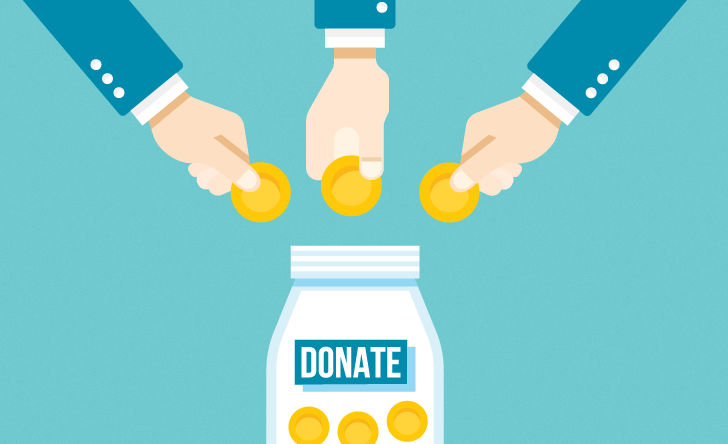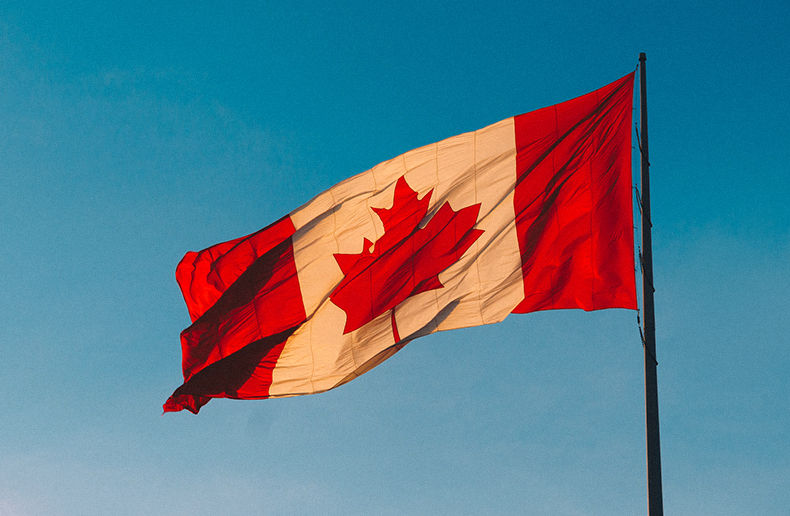Today is the International Day of Charity. To help ensure charitable dollars are going to a legitimate cause, the Competition Bureau has provided tips on how to avoid charity scammers.
“Charity scammers usually use one of two tricks: they pose as agents of valid, well-known charities or create fake charities,” said the Competition Bureau in a consumer alert issued Sept. 4. “In either scheme, scammers can be very convincing. They can develop fake websites or paperwork that look almost identical to real ones. They may use familiar names or logos to make it look authentic. They can reach you by phone, email, crowdfunding websites or in person, on the street or at your front door.”
Times of trouble
The Competition Bureau adds that the scams are especially present in times of trouble, such as after a natural disaster or national tragedy.
To avoid scammers, the Competition Bureau advises approaching charities directly to make a donation. In addition, it says to ask for written information, such as the name, phone number, address and tax registration number of the charity, and a breakdown of where the funds are allocated, and to then confirm the tax registration number is legitimate by calling the CRA (1-800-267-2384) or visiting their online charity database.
The Competition Bureau also recommends doing online research such as checking reviews, news articles or the Better Business Bureau's website, to see whether the charity is legitimate.
Do not give cash
In addition, the Competition Bureau says not to donate cash, and to instead opt for a cheque in the name of the charity or a credit card so there is a tangible record of the donation. Finally, if the representative seems to be putting a lot of pressure to donate, the Competition Bureau says it is most likely a scam.
Anyone who has information about a charity scam or believes they have been targeted by one, is urged to report it to Canada Anti-Fraud Centre (1-888-495-8501), the Competition Bureau (1‑800‑348‑5358), the RCMP or local police.







